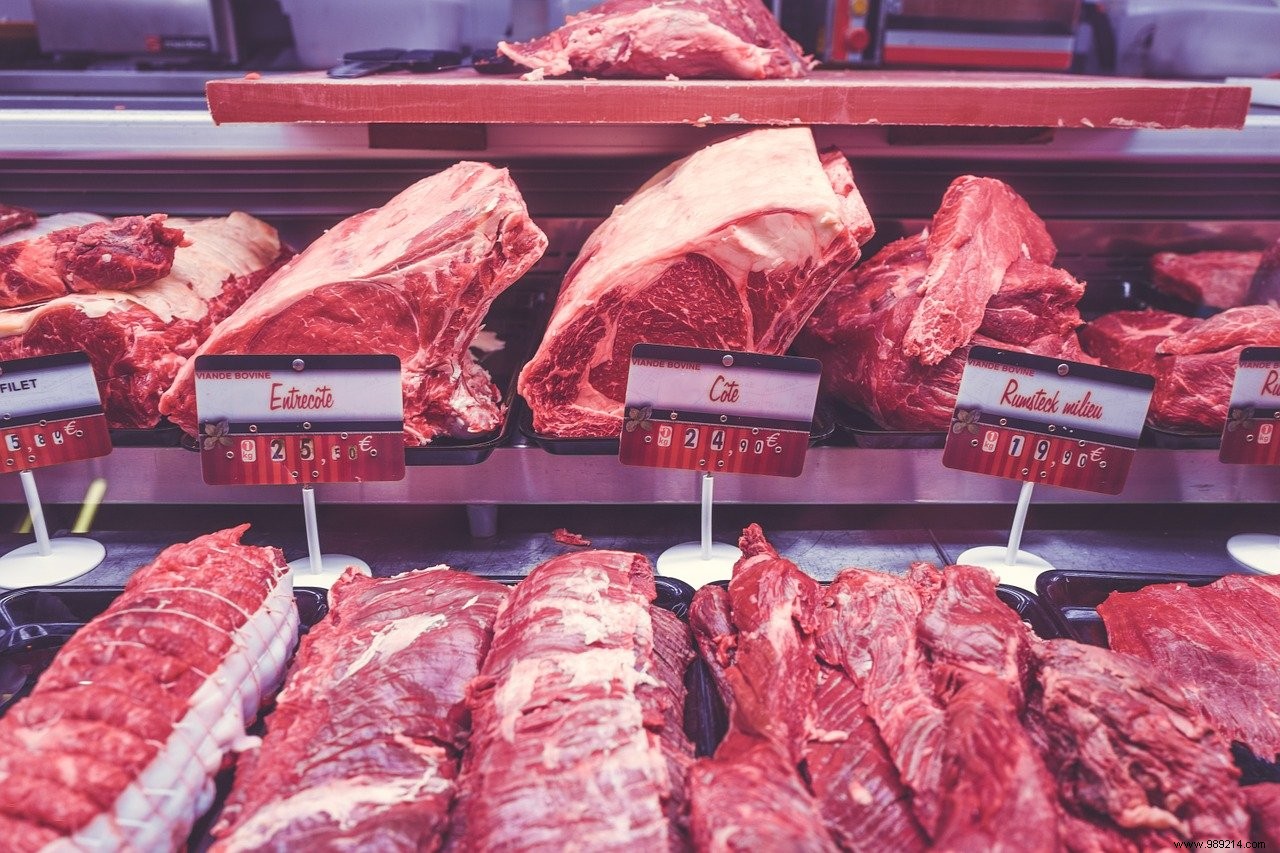An American study confirms that many children between the ages of four and seven are unable to identify the origins of common foods. While some categorize hot dogs and bacon as plants, others consider French fries animal products. According to the researchers, more specific food concepts instilled in this age group could help normalize eco-friendly diets.
With at least 14.5% of greenhouse gas emissions, human consumption of animal products is one of the main drivers of climate change. As such, one of the most effective behaviors to mitigate it would be to consider plant-based foods more . Despite scientific evidence that eating fewer animal products is a high-impact behavior, many are still hesitant to change their diet.
This refusal to reduce animal-based foods could be attributed to a lack of recognition that meat consumption is linked to global warming. However, meat consumption is still prevalent even among people aware of these environmental costs. Many also eat foods that cause billions of animals to suffer and die while sympathizing with those same animals, a phenomenon called the meat paradox .
We know today from scientific evidence that adults use various means by which they mitigate these considerations for the animal cause so that their diet can remain unchanged. Meat consumption can be rationalized as "natural, normal, necessary and enjoyable for example, when some attribute less mental abilities to consumed animals such as chickens and cows compared to animals that do not generally serve as a food source such as dogs or dolphins.
These strategies for allaying negative feelings about eating animals appear to be effective, as the global demand for meat and other animal foods does not shows no signs of slowing down. In other words, the appetite for meat is stronger than the desire to change behavior even if it would benefit the environment, animal health or welfare.
Finally, it turns out that eating habits in adulthood are particularly resistant to change, because they are far too entrenched.

Studying children's beliefs about foods of animal origin can offer a unique perspective to better understand this adult resistance to reducing meat and animal consumption. other foods of animal origin. And for good reason, young children are still developing a full understanding of the values attached to meat in their culture. They also may not have access to the same set of strategies used by adults to alleviate the discomfort generated by the meat paradox.
Despite everything, children's knowledge about the origin of food is still surprisingly understudied . However, some studies have identified some shortcomings. In a large UK research, for example, around a third of children aged 5-8 did not know what bread, cheese or pasta was made of.
In a new study published in the Journal of Environmental Psychology, a team of psychologists asked 176 participants between the ages of four and seven to rank a range of food. Here again, the responses generated a number of surprises .
For example, 47% of the 176 participants believe French fries come from animals and 44% believe cheese is plant-based. Other examples:41% think bacon comes from a plant, 40% think the same for hot dogs and 38% classify chicken nuggets as plants, while 30% of children identify popcorn and almonds as being of animal origin.
In addition to assessing the children's knowledge of the origin of food, the team examined which animals and plants could and could not be eaten according to the subjects. Again, the researchers recorded a lot of confusion. The majority of children think that cows (77%), pigs (73%) and chicken (65%) are not edible.

So this new study shows that there are many misconceptions about food at these ages. However, the researchers believe this could be an opportunity.
"Most children in the United States […] eat animal products, but unlike adults who have built up an arsenal of strategies to justify the eating animals, children seem to be naïve meat eaters “ , writes the team. “Current study suggests children eat meat without knowing it and perhaps in violation of a prejudice against animals as a food source. Childhood may therefore represent a unique window of opportunity during which plant-based diets can be more easily established compared to later in life “.
Researchers speculate that some of this misunderstanding may be due to parents not knowing where the meat comes from or not believing it to be okay that children learn it at such a young age. "Rather than dealing with the inconvenience of cooking multiple meal options or dealing with the emotions that can arise with the revelation that the bacon on their child's plate was once a living pig, some parents rather circumvent the truth by vague terminology “, emphasizes the team.
By being more open about food sources and offering more substitutes, researchers are convinced that children will naturally be able to turn to foods that are more animal-friendly and of the environment.